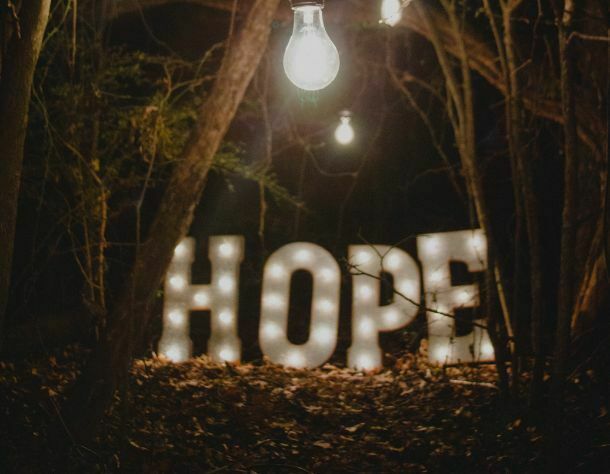Normalizing Transition Therapy & Support
When you first joined the military, you were put through a rigorous onboarding program consisting of training, education and acculturation. You were taught everything you need to know about working and living as a service member. Unfortunately, that same level of detail isn’t always there when leaving service.
Giving Real Help to a Loved One With Mental Illness: 10 Questions Someone Struggling With Mental Illness Wishes You Would Ask
When a loved one is struggling with their mental health, it can be especially hard to know what to do or say. If you know someone who’s living with mental illness, but aren’t quite sure what to say, this blog will go over 10 questions you can ask to check in with them.
Do Civilians Really Care About Veterans Day?
There are all kinds of veterans in our country and they feel all kinds of ways about Veterans Day, the holiday meant to honor them. If you’re one of those veterans who feel like civilians don’t really care about Veterans Day – or veterans – it can be very frustrating.
Ask These 10 Questions To Check In With Your Child or Teen’s Mental Health
How often do you talk to your child about mental health? If you’re like most parents, probably not too often. Children are often left out of conversations about mental health. Sometimes it’s because adults think they’re too young to understand or that it’s not relevant to them. Other times, it’s because of the stigma surrounding mental health.
Military to Civilian Transition: How Soon Should I Start Planning?
Deciding to join the military is a big step, and so is deciding to leave. The transition from Service member to civilian can be just as difficult as the transition you experienced when you first joined. You might look back and think that you were uninformed and unprepared then – but the truth is that it’s likely that you’re unprepared now. According to one survey published on the veteran-run website military-transition.org, nearly half of respondents (48%) felt that their transition from the military was more difficult than expected.
Can I Get Off of Drugs or Alcohol by Myself – Or Is It Really That Dangerous?
There are a lot of reasons some people choose to quit using drugs or alcohol on their own, but, depending on your situation, doing so could be risky. If you have a dependence on a substance, you’ll experience withdrawal, sometimes within a few hours. Withdrawal from certain drugs can lead to dangerous symptoms including seizures, organ damage, and sometimes death.
After a Suicide in the Family: Coping With Trauma
The death of a loved one is one of the hardest things we can go through in life – and losing someone to suicide is especially painful. After the suicide of a close family member or friend, you may feel lots of different, complicated emotions. You may even be angry with the person you lost. Everyone grieves differently and that’s ok. But when grief turns into trauma, how do you cope?
2023 Shatter the Silence
Stronger Together Region 5 CSB Prevention Council and Community Partners presents the 8th Annual Shatter the Silence Suicide Awareness and Prevention Event. This year's theme is Stronger Together - We are stronger when working towards a happy and healthy society....
All Veterans with Invisible Wounds Should Receive High-Quality Care
Invisible wounds refer to the cognitive and emotional behaviors associated with trauma. This includes conditions like post-traumatic stress disorder (PTSD) and traumatic brain injury (TBI). Many veterans suffer from invisible wounds years after returning home from combat. Unfortunately, many of these wounds never fully heal. Even though you can’t see them the way you can see the physical wounds a veteran might have, invisible wounds have a major impact on individuals experiencing them.
This Year More Than Ever, We Should Celebrate Pride
Because of the current political situation, you might not be in the mood to celebrate, but Pride Month is more important than ever. Fear, anger and bigotry might be sweeping the U.S., but we can’t let it stop us. LGBTQ+ individuals and allies must continue to assert the rights of the LGBTQ+ community. This Pride Month, we wanted to share some resources that can help LGBTQ+ people in Virginia (and nationwide) celebrate their pride and get help if they need it.

